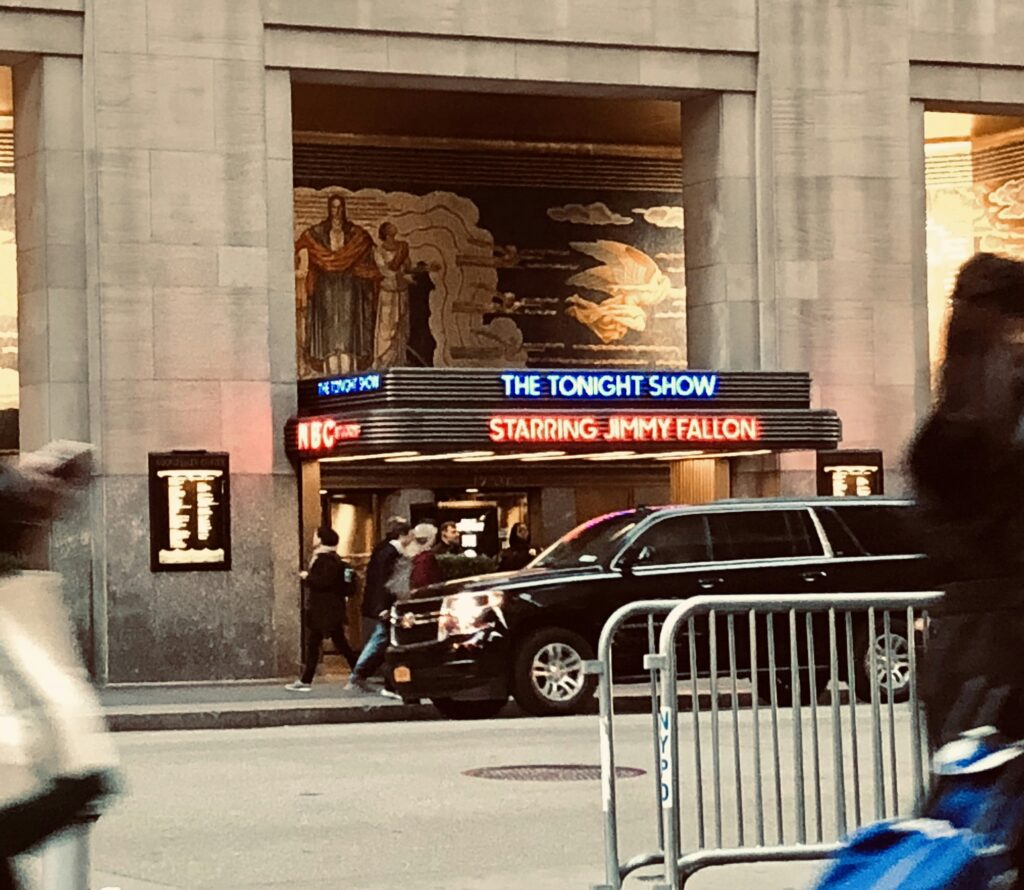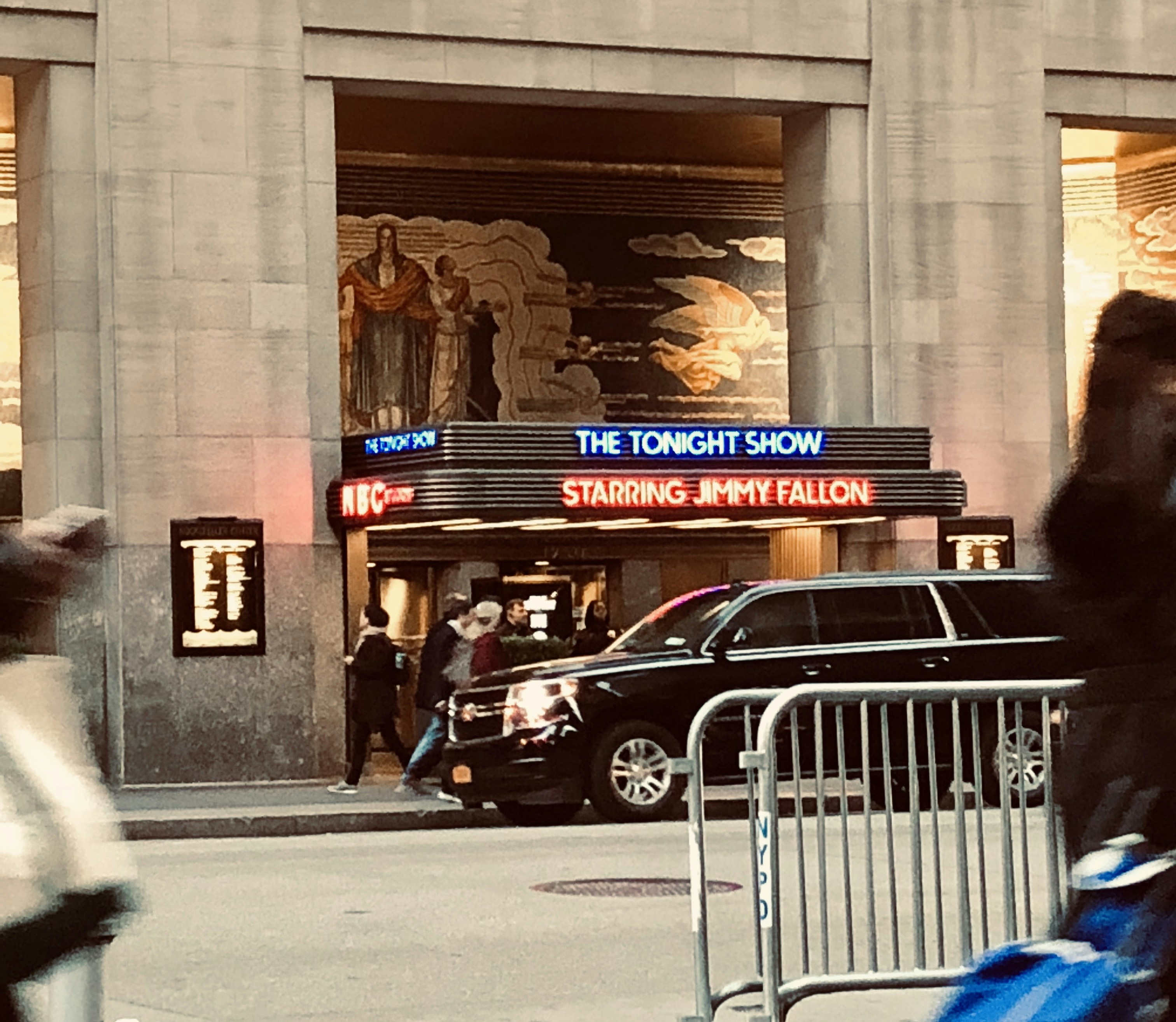
The Early Years: A Brief Biography
Stephen Colbert was born on May 13, 1964, in Washington, D.C., but he spent his formative years in Charleston, South Carolina. Growing up as the youngest of eleven children in a tight-knit Catholic family, he was deeply influenced by his parents, who fostered an environment that valued education, humor, and creativity. His father, a physician, and his mother, a homemaker, both instilled in him a sense of curiosity and a love for storytelling, elements that would play a crucial role in his later career as a comedian and television host.
Colbert’s early experiences in Charleston significantly shaped his comedic style. Participating in school plays and local theater productions during his adolescence allowed him to explore his talent for performance. It was in these formative years that he honed his ability to engage audiences, a skill that would prove vital in his later career. His fascination with the performing arts led him to study at Hampden-Sydney College in Virginia, where he earned a degree in Philosophy. This unique academic background provided him with a different perspective on humor, equipping him to tackle complex social and political issues through satire.
In pursuit of more substantial opportunities, Colbert moved to Chicago after graduation to immerse himself in the world of improvisational comedy. There, he joined the renowned Second City improvisational theater troupe, a breeding ground for many successful comedians. His experiences in Chicago not only refined his comedic skills but also helped him develop a distinct persona that would later become a hallmark of his late-night performances. These early years laid the groundwork for his future endeavors, blending intellect and humor that would resonate with audiences around the world.
The Rise to Fame: The Colbert Report
Stephen Colbert’s ascent to prominence can be traced back to the launch of his satirical news show, The Colbert Report, which premiered on October 17, 2005, on Comedy Central. The program was crafted as a parody of conservative political pundits, most notably emblematic figures like Bill O’Reilly. This unique format allowed Colbert to cleverly blend humor with incisive political commentary, challenging viewers to reflect on the nature of truth in media. His alter ego, a confidently exaggerated version of a right-wing commentator, quickly became synonymous with sharp wit and thought-provoking satire.
The show’s success was largely attributable to its subversive approach to political topics and the manner in which it engaged with the audience. Colbert’s character frequently asserted his supposed superiority in understanding issues, all while the audience recognized the absurdity of his assertions. This duality not only entertained but also encouraged critical thinking among viewers, making it a staple of political satire. Notable segments, such as “The Word” and the recurring “I’m a Colbert, and I’m a Report,” showcased Colbert’s flair for clever wordplay while presenting layered commentary on current events.
Another essential element that contributed to the show’s acclaim was its charismatic guest lineup. Figures from politics to entertainment, including notable appearances by Barack Obama, Condoleezza Rice, and various celebrities, added depth to the program. These segments often blurred the line between reality and satire, amplifying the show’s impact on public discourse. The combination of sharp satire and celebrity engagement allowed The Colbert Report to resonate with both casual viewers and dedicated fans of political analysis. Thus, Colbert transformed the late-night landscape and solidified his place as a cultural phenomenon in contemporary media.
Transitioning to The Late Show: A New Era
Stephen Colbert’s transition from the satirical platform of ‘The Colbert Report’ to the prestigious stage of ‘The Late Show’ marked a significant evolution in his career and the wider late-night television landscape. Initially, Colbert had established a unique brand of humor that was heavily reliant on political satire and character-driven comedy. When he took over ‘The Late Show’ in September 2015, Colbert faced the daunting challenge of redefining his comedic approach to attract a broader audience.
One of the primary hurdles he encountered was shifting from a persona that thrived on irony and satire to becoming a more relatable and genuine host. The change necessitated a new format that focused not only on political commentary but also on a variety of subjects such as arts, culture, and personal anecdotes. This required Colbert to skillfully blend his signature comedic style with a more inclusive tone, appealing to diverse viewers who may not have tuned in for political humor alone. As such, he sought to foster a welcoming atmosphere where guests from various disciplines could share their stories, thereby enriching the late-night experience.
In his early episodes, Colbert introduced fresh segments that resonated with both critical and audience feedback. The reaction was mixed; while some fans appreciated his ability to tackle current events with sincerity, which marked a departure from the relentless satire of his previous show, others were nostalgic for the character-driven comedy he had mastered. Notably, his opening monologue and interviews highlighted his ability to maintain a humorous perspective while addressing serious issues, setting a new standard for late-night programming.
Colbert’s transition to ‘The Late Show’ signified not just a personal evolution, but also an important moment in television history, where the format of late-night entertainment began to embrace a more nuanced and dynamic approach to comedy, reflecting the changing societal temperatures of the times.
Colbert’s Influence and Legacy in Comedy
Stephen Colbert, a prominent figure in the realm of comedy, has undeniably made a significant impact on the landscape of late-night television. His journey from a satirical correspondent on “The Daily Show” to the host of “The Late Show with Stephen Colbert” exemplifies a transformative phase in the genre. Colbert’s unique ability to blend humor with incisive social commentary has set a new standard for late-night talk shows, encouraging a more thoughtful and engaged approach to comedy. By addressing pressing current events and tackling complex issues, he has redefined the expectations of both his audience and his peers.
One of the hallmarks of Colbert’s approach is his ability to engage with guests in a manner that transcends traditional interview formats. He fosters an atmosphere where candid discussions can flourish, allowing for poignant exchanges that inform and entertain simultaneously. This blend of light-heartedness and depth has resonated with viewers and has influenced countless comedians who aspire to emulate his model. In doing so, Colbert has not only shown how to coexist humor and serious topics but has also inspired a new generation of comedians to embrace their own perspectives on social and political landscapes.
Moreover, Colbert’s impact extends beyond his immediate audience. His work has sparked conversations about the role of comedy in society, particularly in times of political unrest. The approach he championed has encouraged fellow comedians to delve into topical satire and use their platforms as stages for dialogue and reflection. As a result, the comedy industry feels the ripples of his influence, as late-night shows are increasingly integrating commentary on societal issues, reflecting both the pulse of current events and the expectations of a more socially aware audience.
Ultimately, Stephen Colbert’s legacy in comedy will be defined by his mastery of combining wit with critical engagement, paving the way for future comedic endeavors and setting a precedent for the format of late-night television.

